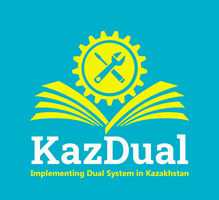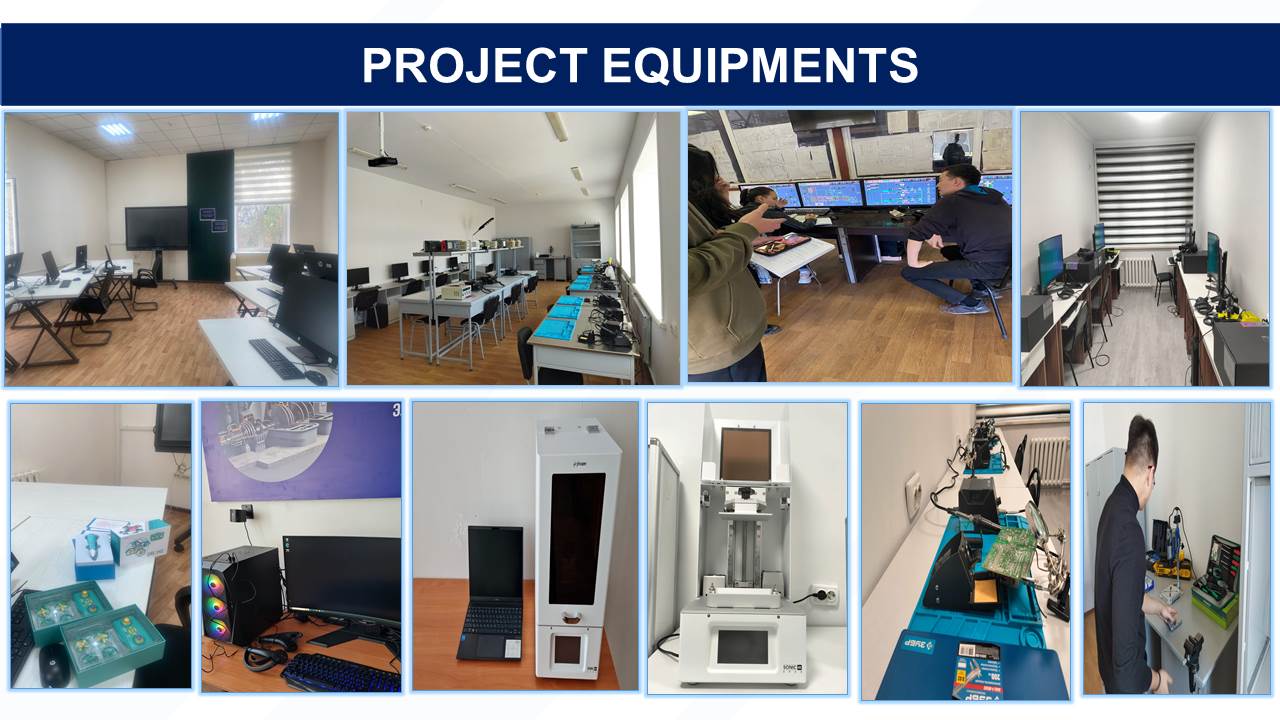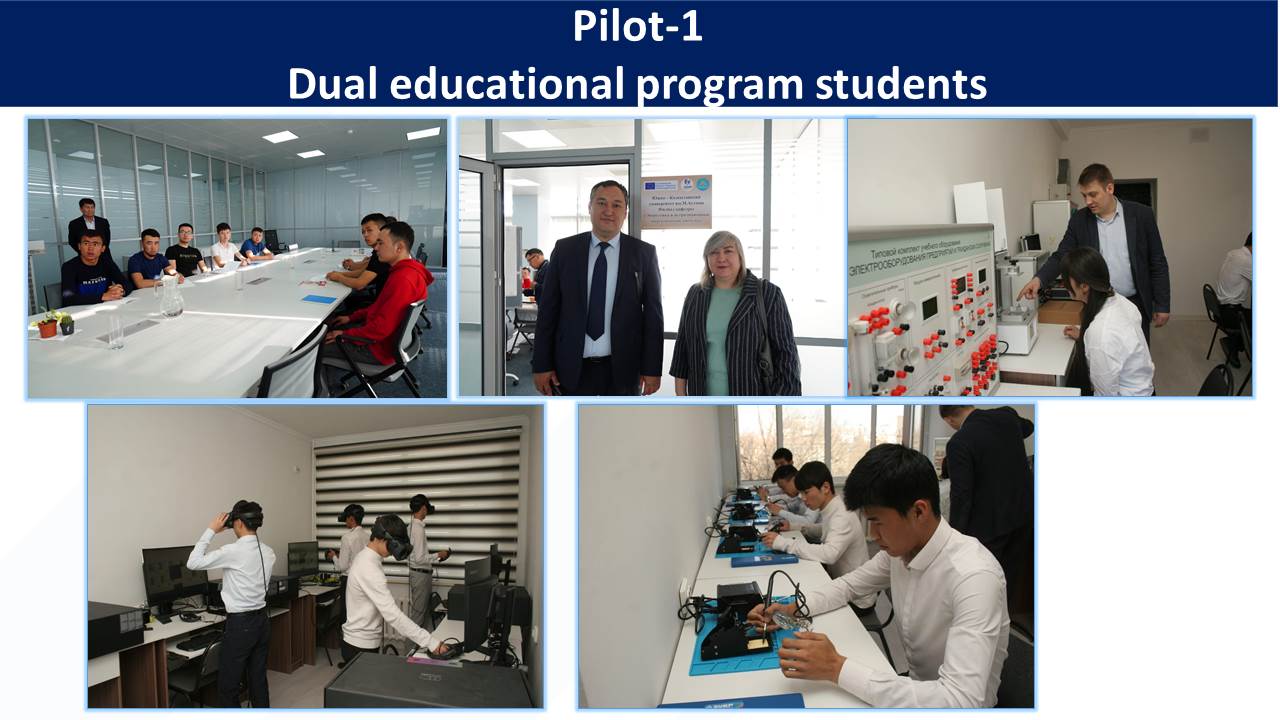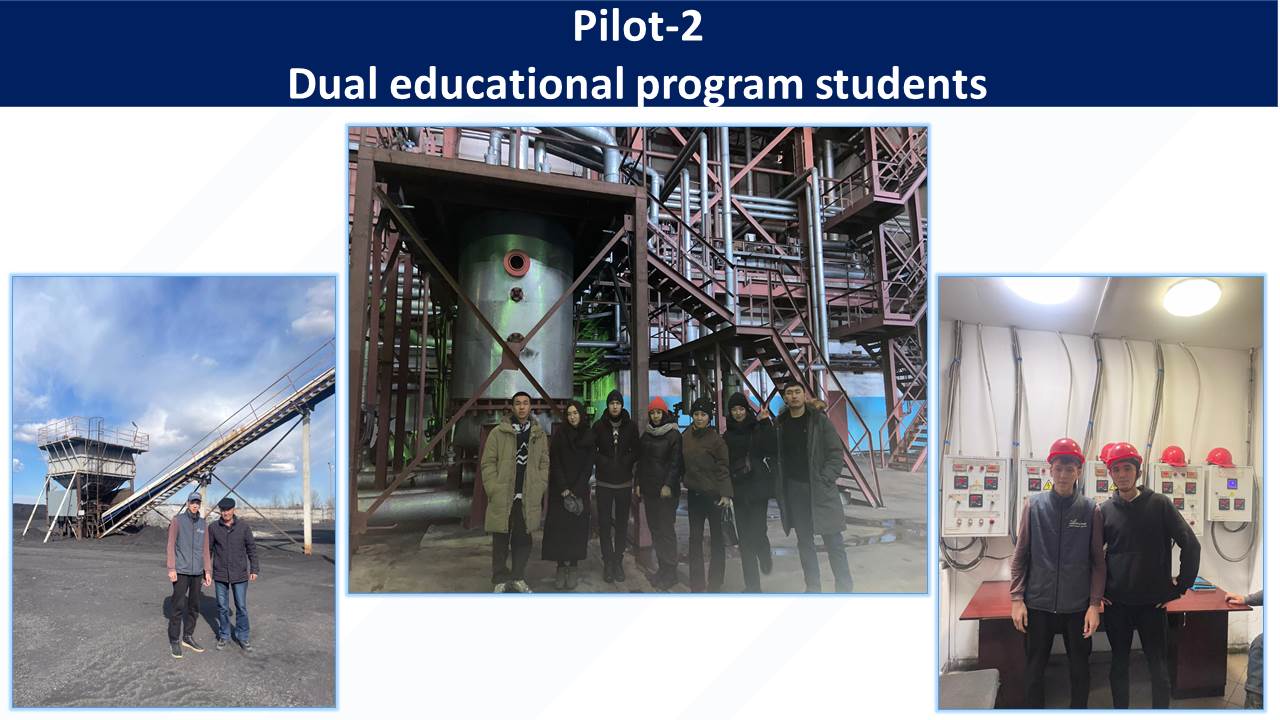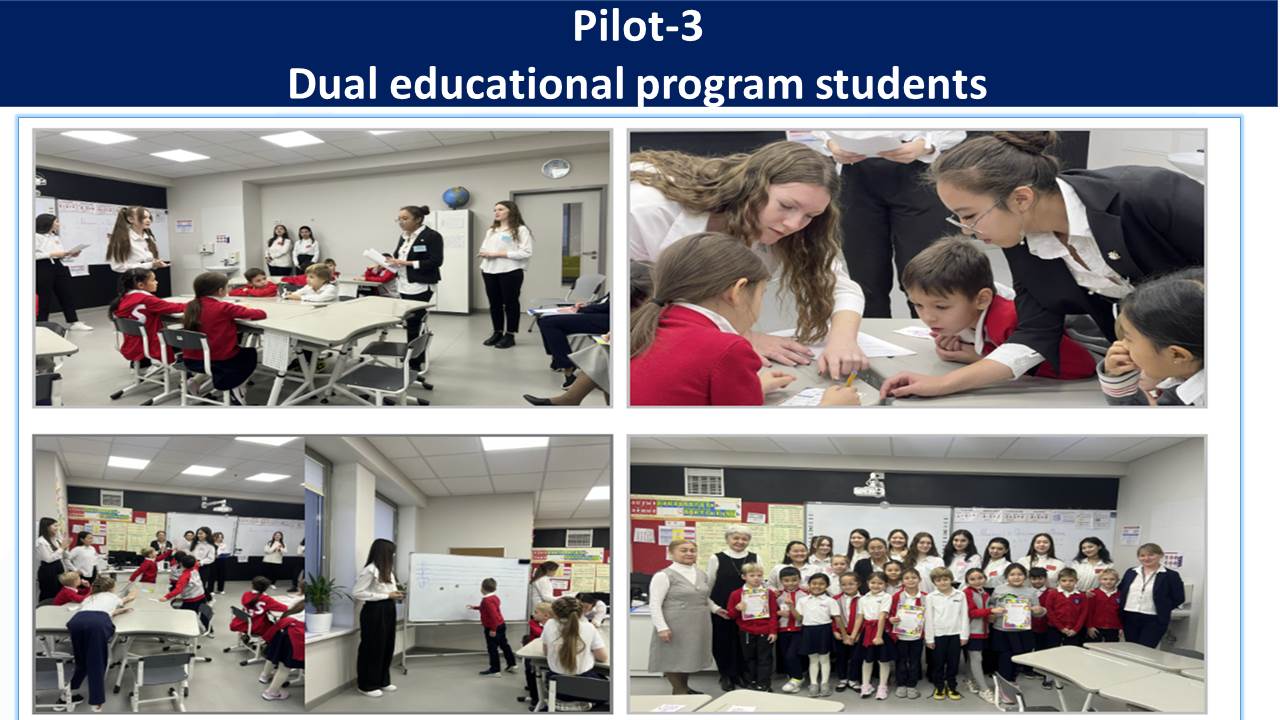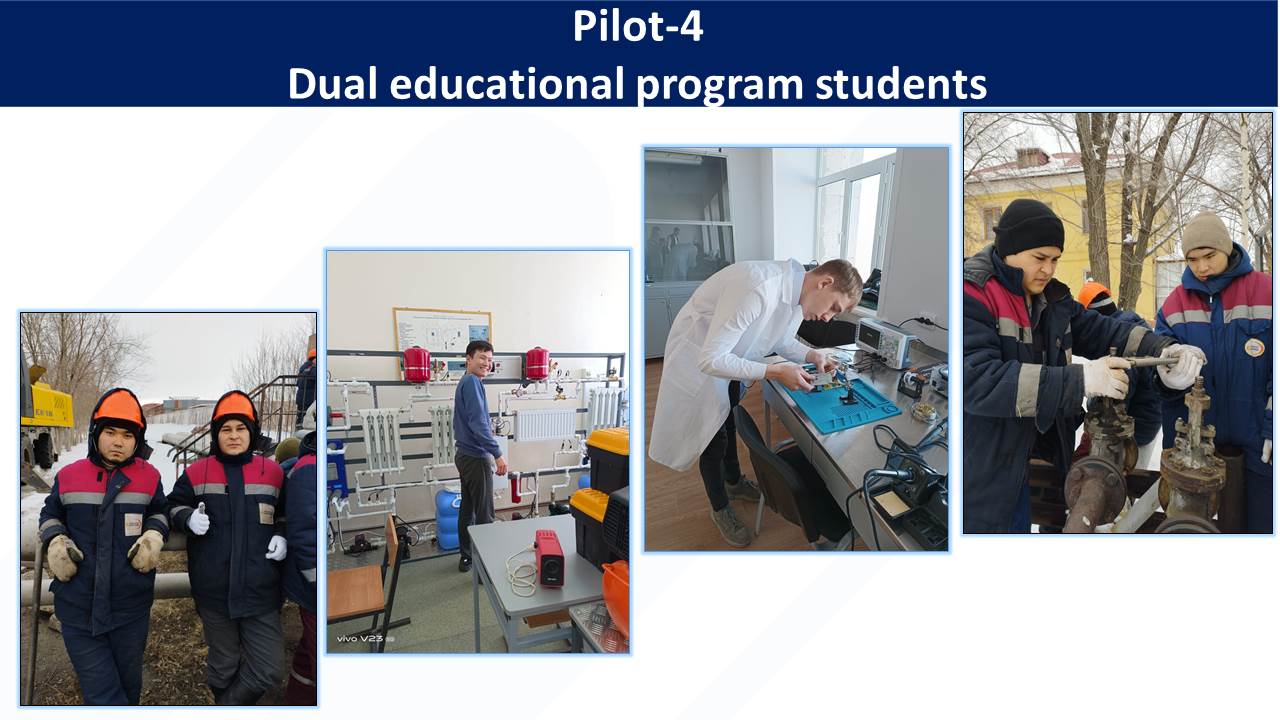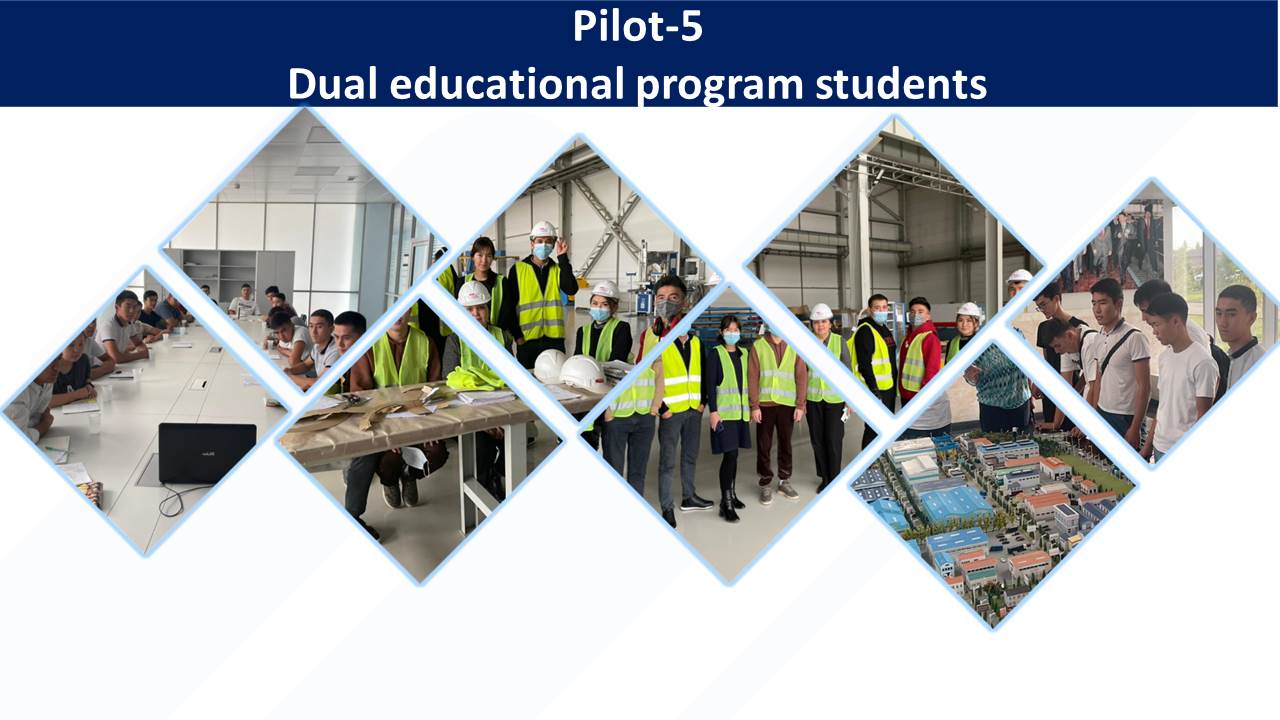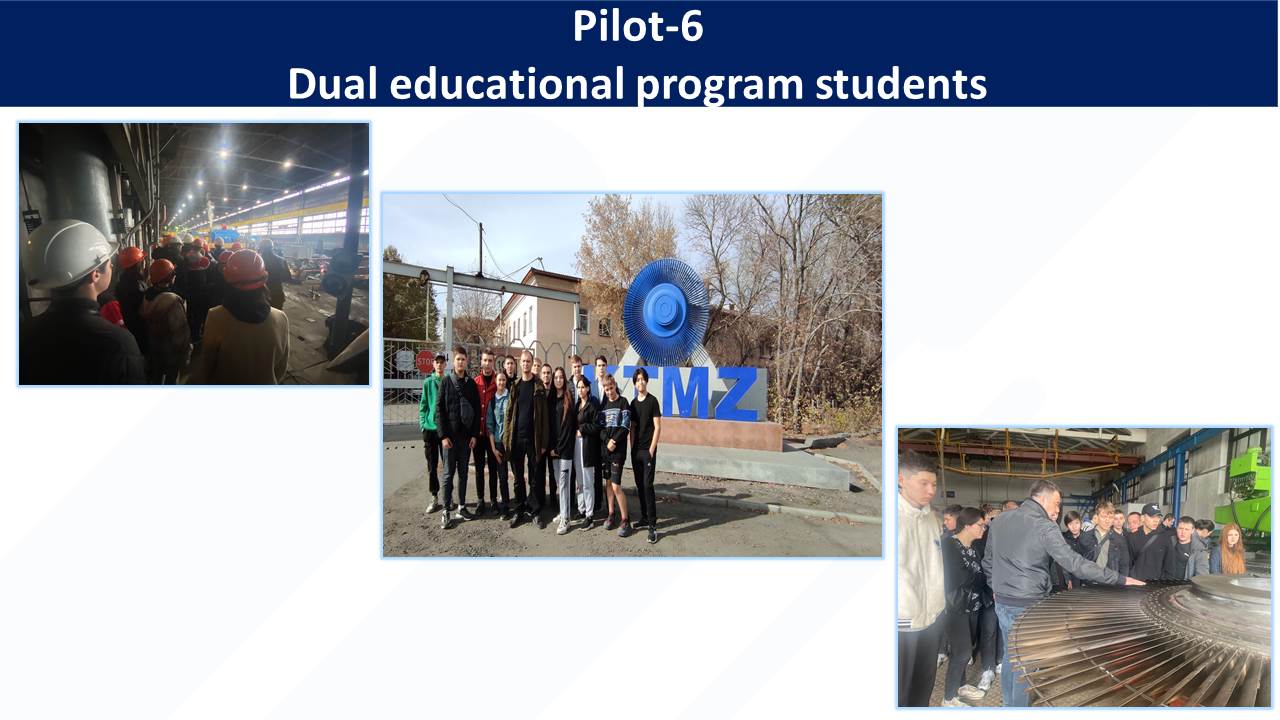© 2025 «This project is funded with the support of the european commission.
The content of this publication / material is the responsibility of the author and
does not reflect the views of the european commission.
The commission cannot be held responsible for the use of the information it contains»
